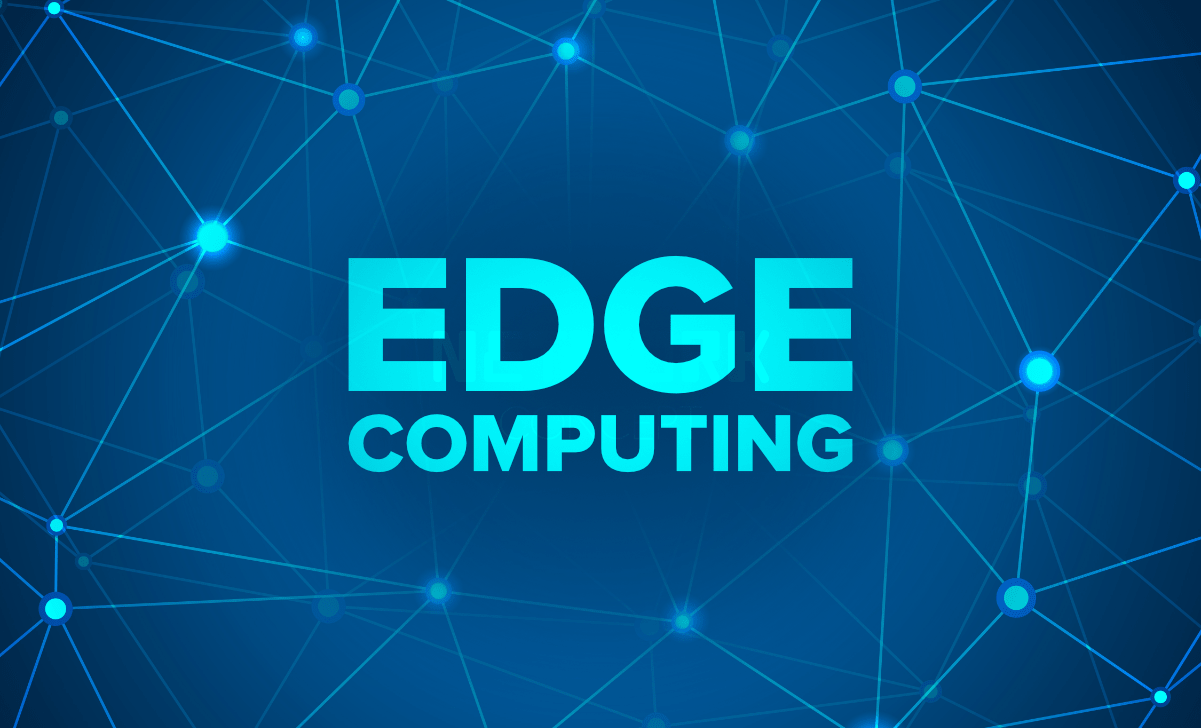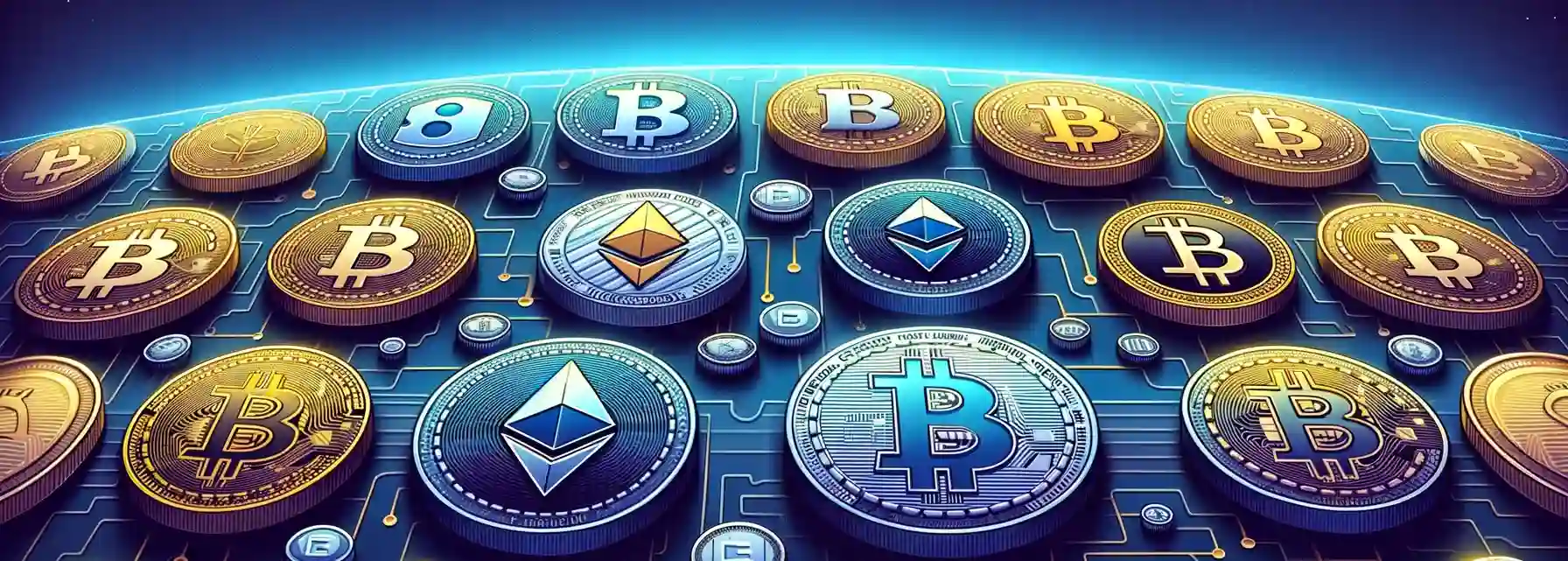Why 5G Isn’t the Endgame: Considering the Imagination of Connection
The current technology of 5G has been overmarketed as the ultimate solution changer. And yeah, it’s cool—morphing into a racing car and zooming: lightning-fast speeds, no delays, and the possibility of connecting a lot of devices at a time. But let’s be real: 5G isn’t the finish line. It is not like they are finished and let rip off a big one; it is more like a pit stop to a more monumental phenomenon.
I’ll dissect that for them and discuss why 5G is just the tip of the iceberg and what circle 6 and the following might be.
Why 5G Isn’t All That (Yet)
Before we get too excited, let’s talk about the cracks in the 5G hype:
1. Coverage Isn’t There Yet:
Of course, 5G is fantastic in large populated cities; stroll around the rural areas, and that’s a whole new story!!!! The deployment of the required infrastructure to provide full coverage is out of this world and capital-intensive and takes a long time to be put in place, particularly in rural areas.
2. It’s a Power Hog:
A post at TalkTalk explains that whilst 5G is super fast, it is also a ‘thirsty’ technology in terms of power consumption. Additional energy results in high costs and also means that there is a greater negative impact on the environment.
3. Not Everyone Can Use It:
The glossy new 5G mobile phones and gizmos are not particularly affordable, so many millions are using outdated devices that cannot/access/may not afford to enjoy 5G anyway.
4. Hackers Are Watching:
As you can see, all this connectedness also means a heightened risk of cyber threat. Maintaining our data security is such a daunting task as it has never been before.
So, What Comes After 5G?
1. 6G Is Already in the Works
Yeah, you read that right. While it took millions of people a few months to embrace 5G technology, the scientific world, and tech companies are already pondering 6G. It’s supposed to drop sometime in the 2030s and promises stuff like:
Crazy Fast Speeds: Think of getting a complete series from Netflix and/or downloading music in the time it takes to tie a shoe.
Holograms in Real Time: Forget Zoom. So let’s discuss holopoints: a delegation-based meeting in which participants are represented by holographic avatars.
Smarter Everything: Think from cities to your home gadgets, and every node will interconnect and work harmoniously.
2. Space Internet
Major firms such as SpaceX and Amazon are launching satellites to space to provide the internet anywhere. Think about it: no more ‘dead zones’ even if you have a heart attack while hiking alone on a lonely island.
3. Quantum Internet
The like button with a vibrating response haptic feedback seems to be something from a sci-fi film, but it is not. Quantum internet relies upon entities which, for want of a better term, are quite magical.
It promises:
Insane Security: I don’t think that anyone will ever be able to break through to this particular network.
Next-Level Speed: Remember how buffering works—this could mean streaming and gaming could be instant.
4. The Internet of Everything, also referred to as IoE
congested protocol and trending name, but have you ever heard of IoT (Internet of Things)? IoE goes a step ahead and interconnects not only machines but people and workflows as well. Think of a city with traffic lights that change color depending on the traffic on the road or a refrigerator that orders food on its own when it runs out.
Okay, let’s see the challenges we’ve got to Face
Of course, getting to such an artificially interconnected world will not be easy. Here’s what we need to figure out:
Cost: Creating all this new tech won’t come cheap, and consequently, it may not be cheap to bring into operating systems either.
Environmental Impact: Increasing the number of devices and networks automatically translates to increased energy consumption—not environmentally friendly at all.
Privacy: Since just about everything is connected, there is a major concern over how much of the data is owned by the users.
What’s Next?
Let me be clear: 5G is important… but it’s not as earth-shatteringly pivotal as many seem to think in this space and others like it. It is preparing the ground for further sillier innovations such as 6G, space internet, and quantum networks. But beyond the hype, the Internet of the future is not just about more bandwidth, better streaming, and downloads—it is about a revolution of human civilization.
So, buckle up. The process of connecting everyone on this planet is at the infant stage, and the ride to this destination is going to be bumpy.
What do you think? The marvel with the new developments in the ICT industry leads to one simple question: are you ready for what comes after 5G?




